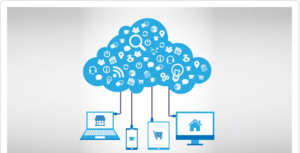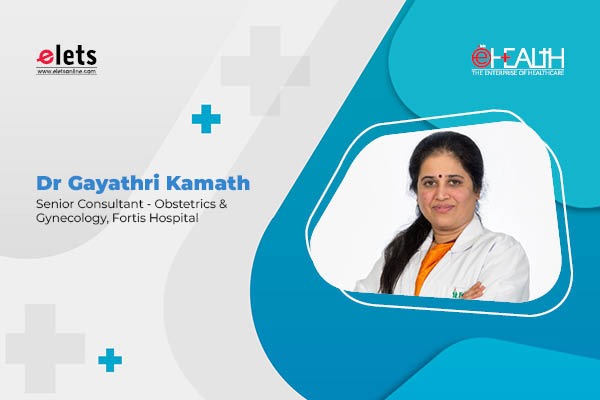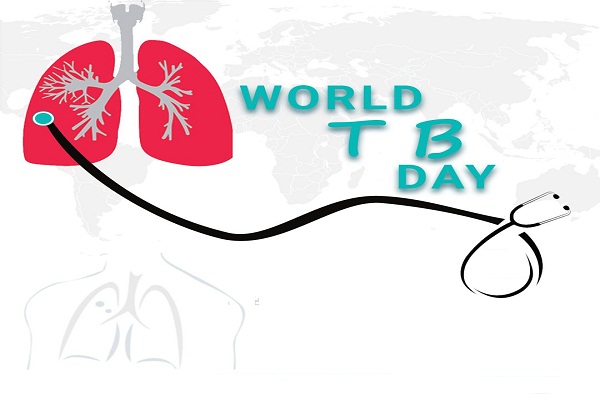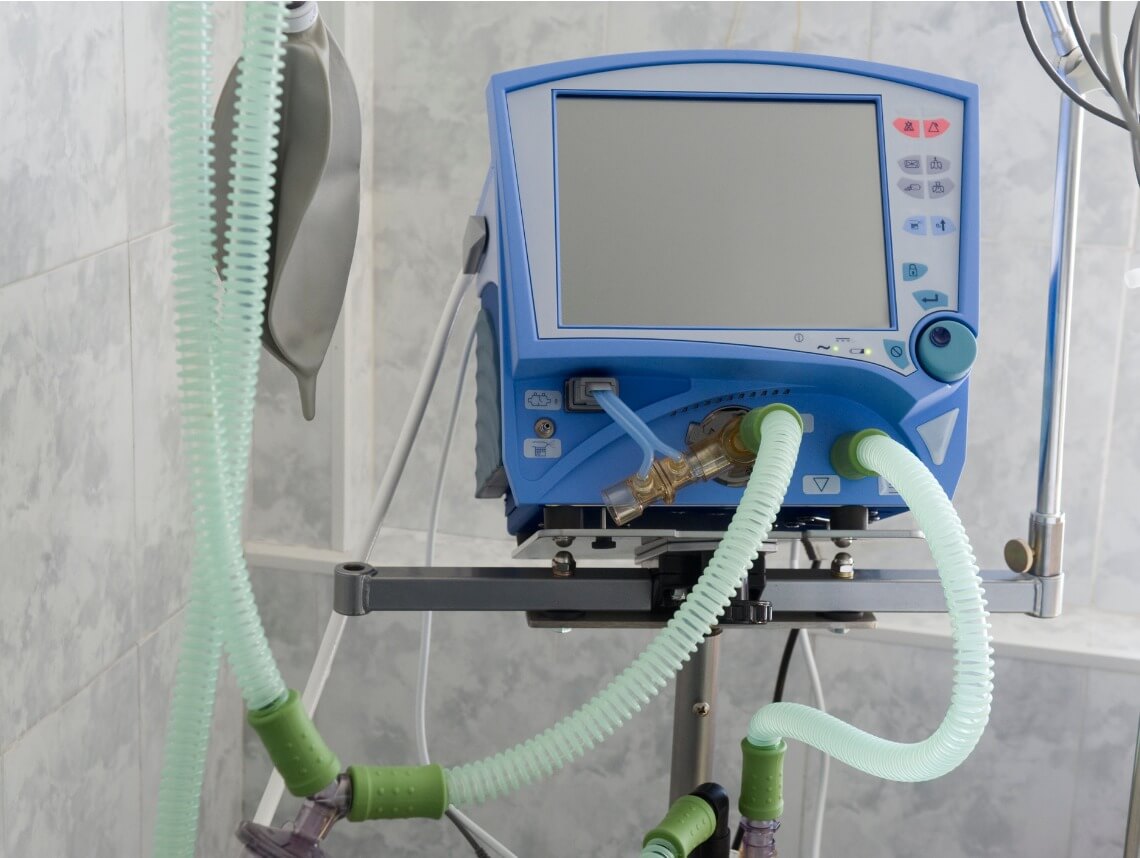
 Healthcare has undoubtedly been a progressive niche since past few years. Owing to its technological advancements, the face of medical service in the country has been reimagined. More advanced and reliable solutions have been deployed. But, the communication in healthcare has achieved too little progress.
Healthcare has undoubtedly been a progressive niche since past few years. Owing to its technological advancements, the face of medical service in the country has been reimagined. More advanced and reliable solutions have been deployed. But, the communication in healthcare has achieved too little progress.
Healthcare is one of those sectors where a streamlined communication is not just an add-on but a requisite. May it be the communication within the organisation or with the patients, it has to be efficient and smooth. Needless to mention, it is important because human life remains at stake.

Patients have to be kept in the loop at all the times. Healthcare centres have to ensure availability round-the-clock. Without simplification and automation, fulfilling such requirements turn to be very laborious and difficult. This however cant be neglected at any level or point.
Due to an ineffective communication, delay or irresponsibility in medical treatments has often been witnessed and has caused substantial loss. Healthcare institutions have been coping up to avoid any such incident. But, due to the high-cost of traditional EPABX setups, streamlined communication could not be achieved.
Lately, cloud telephony has emerged as an effective replacement to this. The required automation and streamlining of the calls have been fulfilled with the cloud technology. The substantial results it has been generating is quite evident in the way it has been adopted by healthcare centres of all sizes. The communication in healthcare has remained contoured and upgraded.

One of the major challenges healthcare institutions face is to save their missed calls. Calls are probably the only mode of communication between patients and institutions. In case of emergencies, it becomes even more important. Owing to this, missing some of those calls is neither affordable for institutions nor for the patients. If any, a timely follow-up is always required.
However, manual follow-ups are difficult as well as prone to errors.
Here is when cloud based phone systems comes as a required solution. It ensures an effective callers database of incoming, outgoing and missed calls. Staff can always ensure a timely follow-up on the missed ones. This helps in keeping a check that no customer query is left unattended and conveys professionalism of the centre.
Healthcare institutions have multiple functional departments viz. pharmacy, diagnostics, emergency and more. Manually transferring each call from one department to another is very difficult and involves a lot of time and effort for the staff. It even makes callers wait on-hold for a long duration. This conveys a poor calling experience to/for them.
This is why automated call routing was required, and IVR has helped to achieve this efficiently. An Interactive voice response (IVR) allows multiple department extensions on its telephonic menu. Callers connect with their concerned department by just pressing its respective key, example, Press 1 for emergency, Press 2 for Pharmacy and so on.
Such a use of IVR has proved very beneficial for communication in healthcare. It has brought the required simplification and automation in their call management.
Another realised challenge with healthcare institutions is of notifying the last-minute-updates to the patients. Hospitals/clinics have to convey the patients about any change in their appointment schedules. Manually doing this is prone to missing out some of them. And, this causes trouble for the patients and eventually builds a poor brand image.
In such circumstances, theres a need for something less laborious and more effective. Outbound IVR is perceived to be that required solution. With voice messages set-in, calls are placed via Outbound Dialers to the numbers stored in the database. Patients are professionally conveyed about the update. Herein, some institutions choose automated SMS solutions as well.
They are used for sending reminders to the patients about their blood samples or their upcoming appointment. This ensures that no patient has to undergo unnecessary trouble and even establishes a professional brand reputation.
Institutions often organise healthcare initiatives like donation camps, free check-ups and so on. However, not many people turn up for the same. One of the main reason for this is that the news about the initiative remains limited to a small section of the audience. This is understandable as marketing to a large set of audience costs a huge amount.
This is where arises the need for a solution that is less expensive and that generates effective results. The use of outbound IVR serves the purpose well. Calls are generated automatically to the phone numbers stored in the database. Individuals are notified about the campaign with the recorded message.
This fetches maximal results for the campaign and even saves a substantial amount of cost and effort in spreading the news.
To summarise, cloud telephony has been realised as a reliable solution for the healthcare sector. It has made the communication much smoother and simplified. More importantly, its low-cost has made it easily accessible for healthcare institutions of all scales.
(Disclaimer: Author is MyOperator, CEO, Ankit Jain. Views expressed are personal opinion.)
Be a part of Elets Collaborative Initiatives. Join Us for Upcoming Events and explore business opportunities. Like us on Facebook , connect with us on LinkedIn and follow us on Twitter , Instagram.












